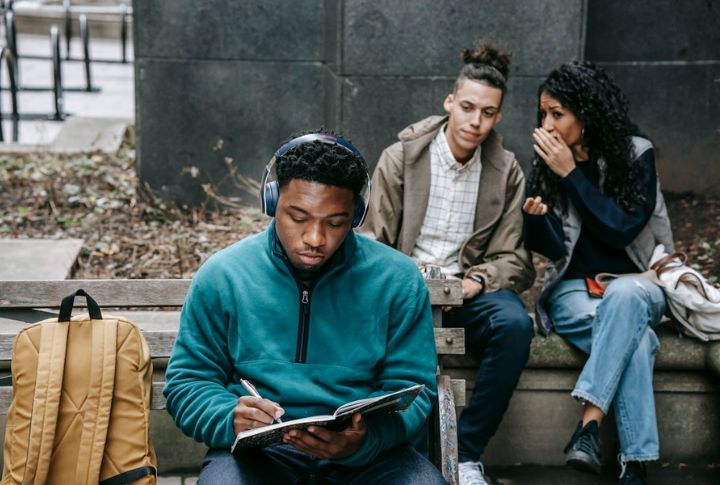
Sometimes we do things that seem totally normal to us but make others feel uncomfortable or disconnected. These little social habits fly under the radar, so we don’t realize they’re affecting our relationships. Once you spot these patterns, you can fix them and start building stronger connections. Here are 10 behaviors that might be quietly pushing people away.
Interrupting Conversations Frequently

Jumping into a conversation before someone finishes is a quick way to signal you don’t value what they have to say. It’s a subtle behavior that can make people feel undervalued, sometimes leading to strained relationships. Many people who frequently interrupt aren’t even aware they’re doing it, so being aware is the key here.
Overusing Your Phone In the Company

When you’re with someone and constantly on your phone, you’re basically sending a text message to them that they’re not interesting. This habit, called “phubbing,” lowers the perceived quality of your connection, ultimately reshaping how others see your level of disinterest and care.
Failing To Acknowledge Others’ Feelings

It’s easy to think dismissing emotions does no harm, yet it leaves scars on relationships. Simply acknowledging how someone feels creates understanding, even in disagreement. Without that effort, trust fades, and others may withdraw, sensing disconnection instead of support.
Dominating Group Discussions

Group discussions lose balance when a single voice takes over. Others fade into silence, and that silence can turn into frustration. Shared conversations, on the other hand, invite fresh ideas, create energy, and leave everyone feeling equally part of the exchange.
Being Chronically Late

Punctuality matters more than people think—it’s a simple way of saying, “I respect your time.” It also helps maintain steady and healthy relationships. Always showing up late does the opposite, slowly wearing down trust. Over time, friends or coworkers may stop depending on you.
Gossiping About Others

Gossip can seem entertaining, but it’s dangerous for relationships. When you share someone’s private business, you create an unspoken warning sign. Listeners protect themselves by pulling back. What looks like a connection actually becomes isolation, leaving you with fewer genuine friendships and less trust.
Neglecting Personal Hygiene

The way you present yourself can subconsciously affect how others feel around you. Poor hygiene creates an immediate feeling of discomfort, quietly encouraging people to keep their distance. People’s perceptions of you are influenced by self-care, as it impacts how reliable you seem.
Giving Unsolicited Advice

Giving advice without being asked can feel intrusive. It makes others feel judged, even if that’s not your intent. Instead of helping, the habit often reduces a person’s feeling of independence and autonomy, which in turn affects their connection to you.
Avoiding Eye Contact

Eyes play a huge role in communication. Looking away too often can break trust and weaken the connection. A short, steady gaze—three to five seconds—keeps the interaction balanced and engaging. That small habit alone can make conversations feel more genuine and meaningful.
Bragging About Achievements

There’s a fine line between sharing good news and constantly promoting yourself. Overdoing it often shifts attention away from connection and toward competition. Instead of building closeness, the habit makes conversations feel one-sided, which slowly lowers how approachable and likable you appear.

